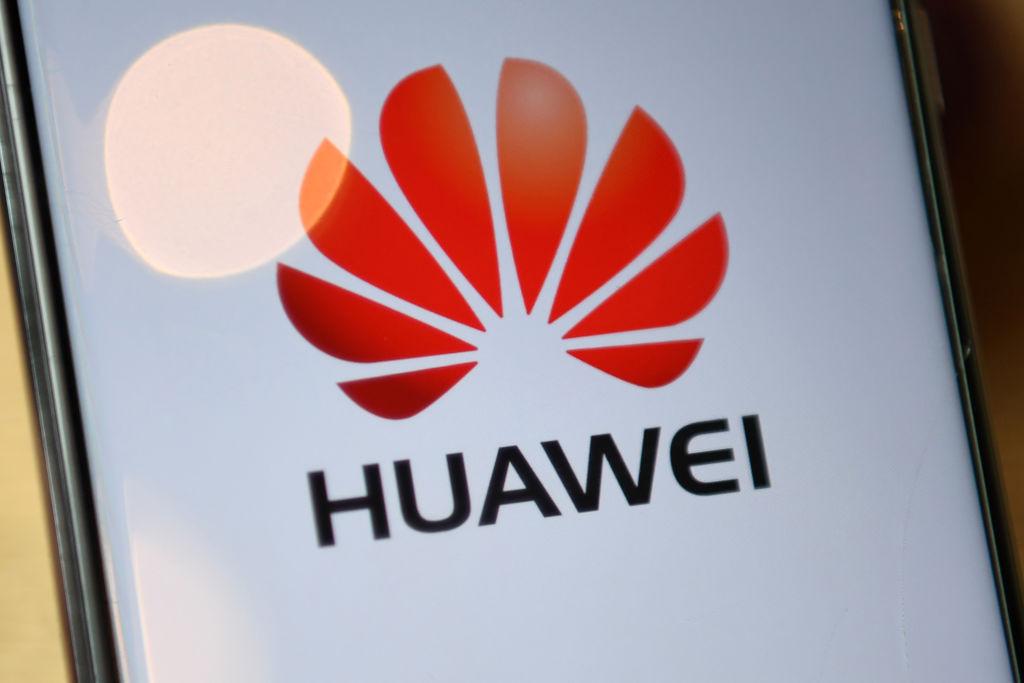The United States and the UK are going to team up on developing solutions for the next-generation wireless technology, after the latter’s recent decision to purge equipment made by Chinese tech giant Huawei from its 5G rollout.
U.S. Secretary of State Mike Pompeo discussed with British Foreign Secretary Dominic Raab on July 16 the UK’s decision to “prevent the use of unsecure technology in its 5G networks,” according to a brief statement issued by the State Department spokeswoman Morgan Ortagus.





